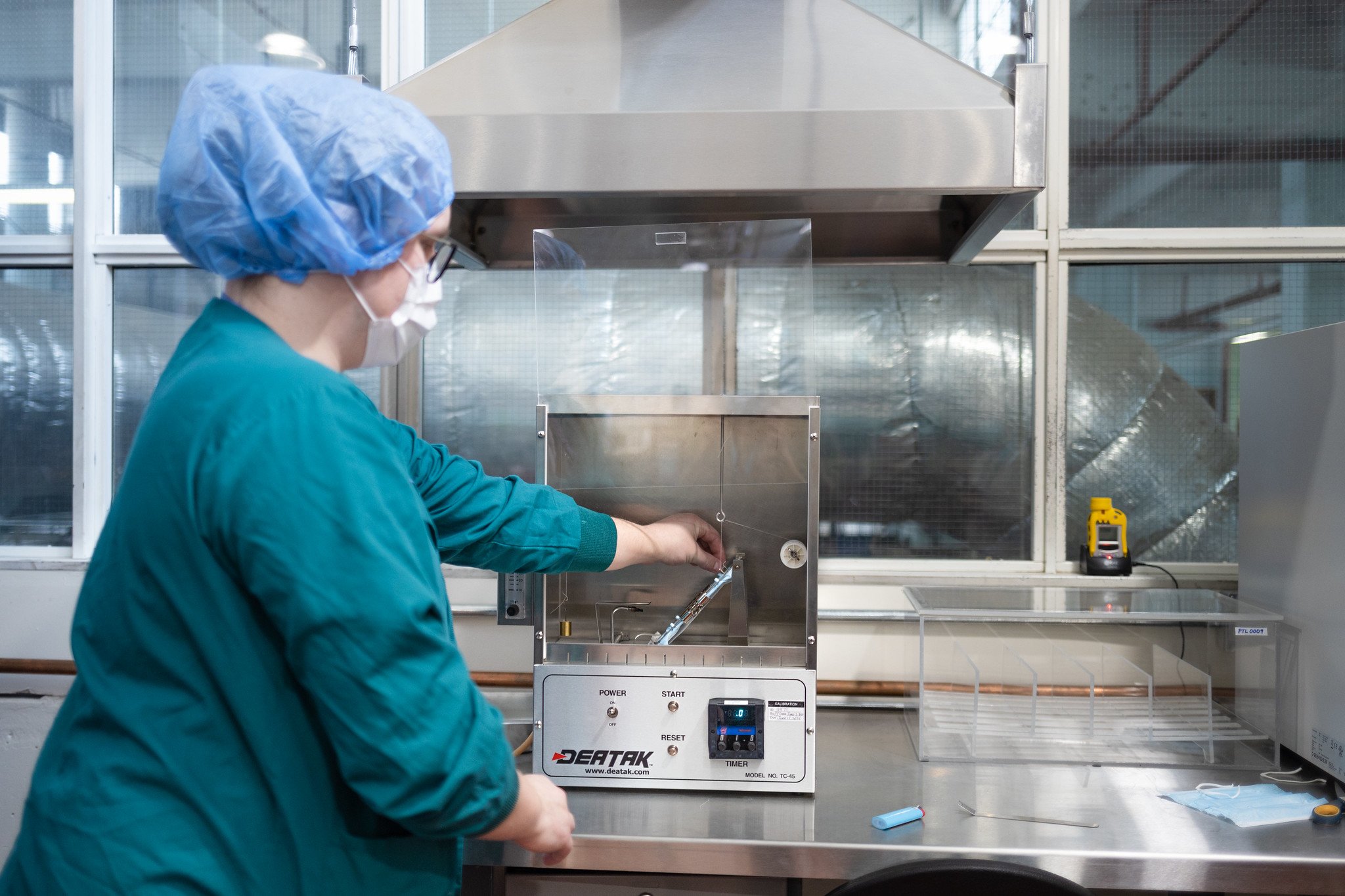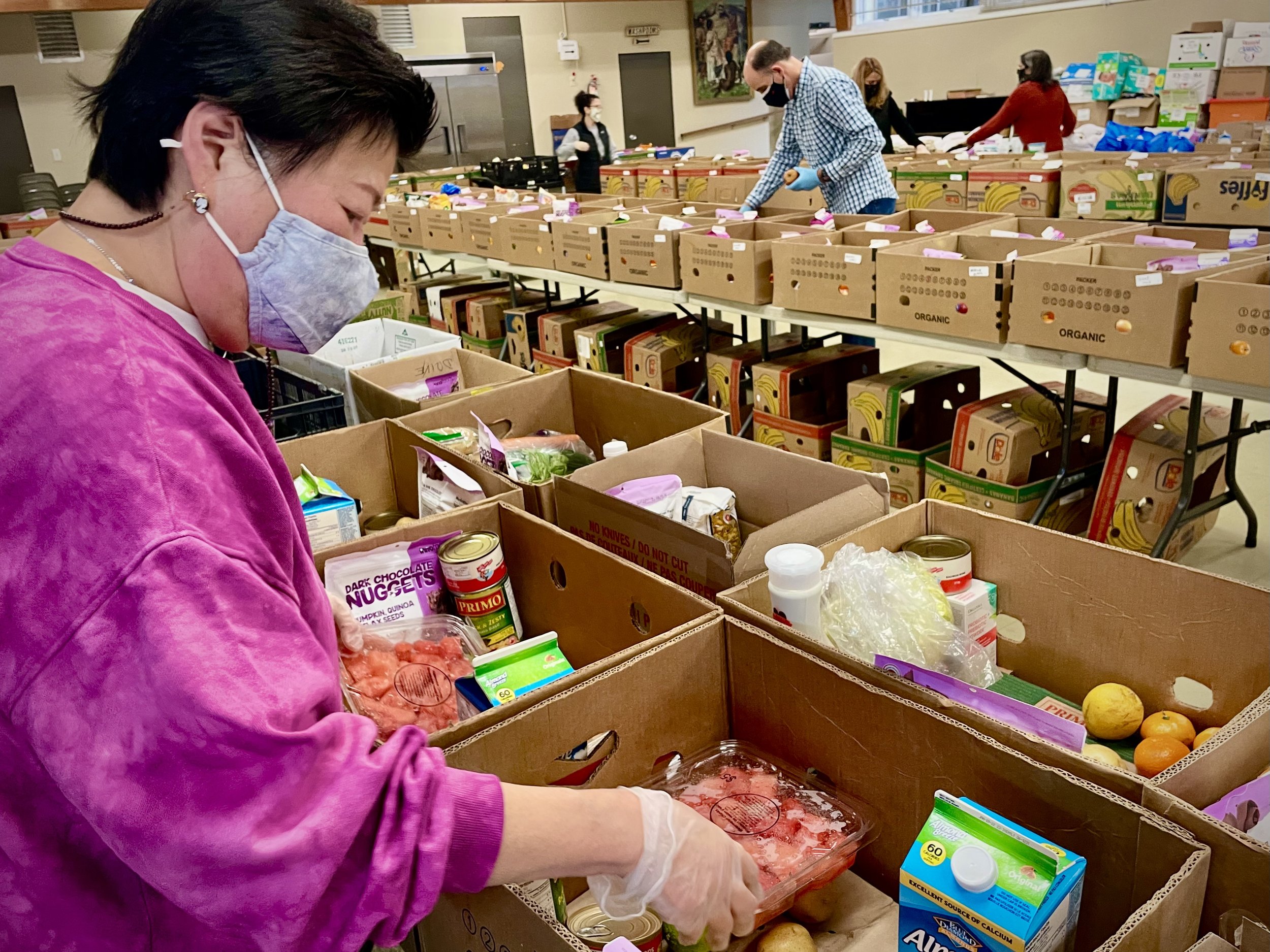
Online Journalism
Vancouver business owners share why they support the single-use bylaw
Larry’s Market founder and owner Ryan Dennis believes the new bylaw is the right thing to do for the environment. Larry’s is a vegetarian grocery store with locations in Lonsdale and Chinatown. Currently, only the Chinatown location falls under the single-use bylaw. The bylaw bans all styrofoam and plastic bags and requires a charge for all paper and single-use cups. However, Larry’s has been charging $0.25 for paper bags since long before the January 1st bylaw made it mandatory.“We’re actually pretty happy about it. Because we’ve never used plastic bags. We’ve always encouraged people to use paper bags.” Ryan Dennis, owner of Larry’s Market. Dennis also noticed a difference in customer behaviour at his two locations. In Chinatown, as many as 50% of customers bring their own bag, while less than 20% bring their own bag on the Northshore. “I do think it really does help get people thinking about [bags] because I hear a lot of people talking about it in the store.” said Dennis. The Northshore currently does not have a single-use bylaw in place.
Restaurants short-staffed as omicron sweeps industry
Photo provided by Kelly Gordon, co-owner of Romer’s Restaurants
Restaurants have been hit hard by the latest COVID-19 variant, as anticipated in a press conference last week. However, one restaurant expert said there may be a silver lining to the timing of the omicron variant.
“Fortunately for us, it’s a slow time of year. So we can sort of absorb these [staff] shortages a little bit easier.” said Ian Tostenson, CEO of the BC Restaurant and Food Association.
Tostenson said there is often a slump for restaurants after the holidays at the start of the year.
Co-owner of restaurant chain Romer’s Kelly Gordon agreed the sales slow-down has been a good thing for a diminished workforce. However, Gordon blamed the omicron variant more than the time of year.
“It’s affected our sales levels to begin with….sales are down from where they have been in the past.” Said Gordon.
Gordon estimated between 15 and 20 per cent of his workforce had to take time off due to COVID-19. In response, staff took on additional responsibilities.
“People sometimes have to do new tasks that they haven’t done before, which is always good for us and good for them.” said Gordon.
But when a manager falls sick, Gordon said they’ve had to scramble to keep the restaurant open.
Sampling waste samples for covid19 to detect rates of infection within communities.
COVID-19 ‘canary in the coalmine’ underutilized by BC government
Wastewater testing for COVID-19 has been used across Canada since the fall of 2020 to determine levels of infection over time within communities. Research scientist Melissa Glier at the BCCDC is conducting wastewater research in the Lower Mainland. She notes there are instances where sampling can go beyond clinical testing. “The beauty of wastewater surveillance is the fact that it’s independent of access to clinical testing, or health care seeking behavior.” – Research scientist Melissa Glier at the BCCDC, working with the Prystajecky Research Group. However, many differences exist between the ways testing is being utilized in Ontario compared to B.C.
Record inflation chokes foodbanks as demand sky rockets
Organizations addressing food insecurity are seeing a dramatic increase in individuals seeking their services. According to Sharon Dong, Communications Director for City Reach, her organization went from serving 150 families before the pandemic to now, over 1000. “Families typically have three to four people, so we’re helping about 4000 people a week.” says Dong.
At the same time newly released data by Statistics Canada indicates the Consumer Price Index (CPU) has seen the biggest year-over-year increase in 30 years. Statistics Canada blames price increases on unfavourable weather conditions during the growing season, and supply chain disruptions.
Packing hampers at Ryan’s Rainbow
Ukrainian Independence Day celebrations
#CodePink puts Canadian children’s mental health crisis front and center
COVID 19 has been a catalyst for a significant decline in the mental health of children according to new data from Children’s Healthcare Canada. Hospital visits from children for mental health-related admissions has increased 100%. That’s why Sara Austin, Founder and CEO of Children First Canada, is declaring “#CodePink”. Code Pink is the term used in hospitals when there is a pediatric emergency.
Ukrainian Canadians fear for families amid ongoing conflict with Russia
Svitlana Kominko is one of a number of Ukrainian Canadians who feel helpless about the escalating situation on the eastern border of their homeland. A local politician from the town she is from, and where her family still lives, is warning citizens to refamiliarize themselves with bomb shelters. While Russia’s president Vladimir Putin is impossible to predict, the experts we spoke to felt Russia’s leader had more to lose than to gain by invading. They predicted this would not lead to World War III. Find the full story here.
Courtesy of Children First Canada
RCMP position themselves to begin arresting Fairy Creek blockaders
The RCMP released a statement on May 17th that they were moving into position to enforce the injunction won by Teal Jones Cedar in the B.C. Supreme Court on April 1st. Already, Blockaders are concerned about tactics the RCMP are using to enforce the injunction. Police have given blockaders 24hours to leave or else risk being arrested.








